Yukichi Fukuzawa's Writings Read Around the World
Gakumon no Susume ("An Encouragement of Learning"), Bunmeiron no Gairyaku ("An Outline of a Theory of Civilization") and Fukuo Jiden (“The Autobiography of Fukuzawa Yukichi") are the most famous writings by Yukichi Fukuzawa. These works have been translated into many languages, and his knowledge and thoughts that are still relevant today continue to influence people around the world.
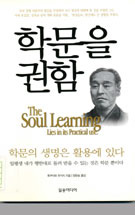
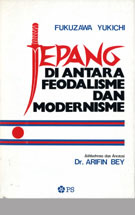
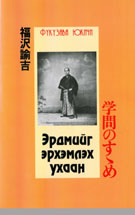
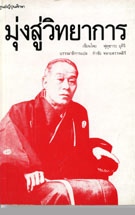
Fukuo Jiden has been translated into 10 languages, and Gakumon no Susume into 7 languages
Among Fukuzawa's writings, the book that has been translated into the most number of languages is Fukuo Jiden. It has been translated into 10 languages: English, Chinese, French, German, Dutch, Korean, Tagalog, Vietnamese, Arabic and Turkish.
The second most translated book is Gakumon no Susume, and has been translated into 7 languages: English, Chinese, French, Thai, Indonesian, Korean and Mongolian. Bunmeiron no Gairyaku has been translated into English, Persian, Indonesian and Chinese.
Many of these translations have been created from the English version, and quality of the translations seems to vary. However, the reason Fukuo Jiden is being translated into so many languages is because the story itself is interesting for people around the world, in addition to the recognition of Fukuzawa as one of the founders of modern Japan. In the foreword of the English translation of Fukuo Jiden reprinted by Madison Books in 1992, then Professor A. Craig of Harvard University compares young Fukuzawa's life story to Odyssey, Homer's epic poem.
As for the Vietnamese translation published in 2005, the translator studied Japanese at Vietnam National University, Hanoi and is now lecturer of the university. She spent two years translating the book, in hope that people will get to know the real life of Fukuzawa.
There are also other translations of Fukuzawa's works, such as English translation of Fukuzawa's views on education and women, and Chinese translation of Fukuo Hyakuwa ("One Hundred Discourses of Fukuzawa").
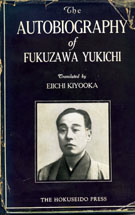
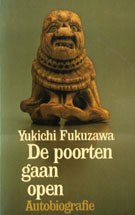
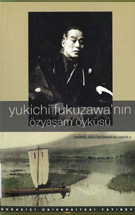
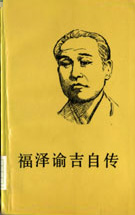
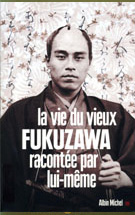
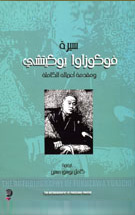
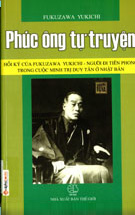
Professor Emeritus Eiichi Kiyooka is the first translator of Fukuzawa's works
The late Eiichi Kiyooka (then Professor of the Faculty of Law), who taught at Keio University for many years, was the first one to translate Fukuzawa's works. He read Fukuo Jiden when he was a student at Keio Futsubu School (Boys Junior High School), and since the book was so interesting he became an admirer of Fukuzawa, and came up with the idea of translating Fukuo Jiden while studying in the United States.
As for the style of writing in translation, he sought advice from then Professor Junzaburo Nishiwaki of the Faculty of Letters who is also well known as a poet, and was told to draw upon the classic and elegant style of Gulliver's Travels by Jonathan Swift. Kiyooka had a hard time translating Fukuzawa's sense of language and historical background, and struggled to describe the free-spirited way of life of the students of Tekijuku, where Fukuzawa studied in his early life. Finally in 1934, the English translation of Fukuo Jiden was published (according to the December, 1998 issue of Mita Hyoron).
Today, in commemoration of the 150th anniversary of Keio University and 175th anniversary of Yukichi Fukuzawa's birth, "The Thought of Fukuzawa" series has been published in English by Keio University Press, starting with An Outline of a Theory of Civilization.
How about reading over Fukuzawa's works again, still applicable and being read around the world today in the 21st century?
*This article appeared in the 2009 summer edition (No.263) of “Juku”.
